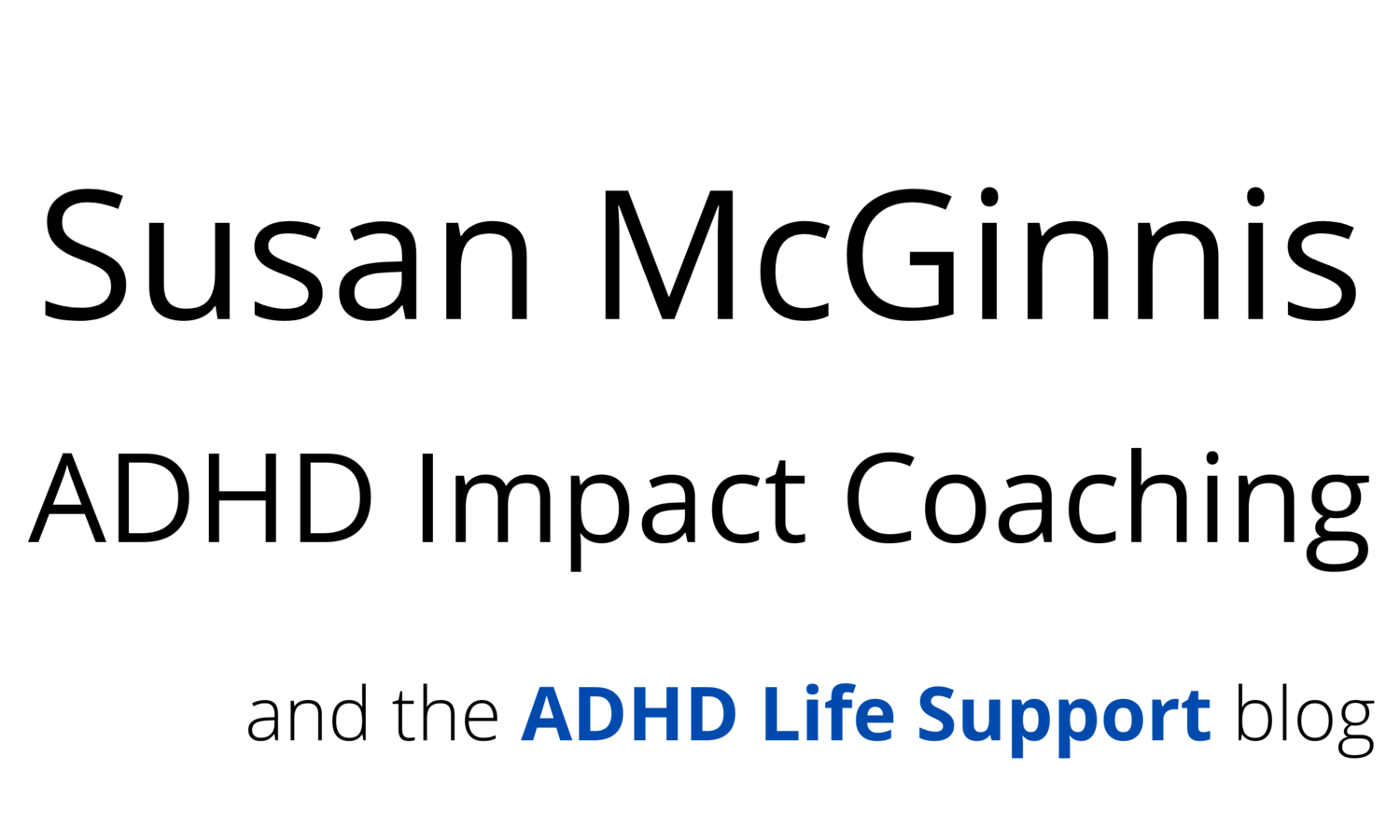Getting Motivated with ADHD: The Neuroscience
Why is it hard to finish what you start? Or to even start at all? The toll of ADHD often includes a sense of underachievement.
Understanding the neuroscience of getting motivated with ADHD can help us let go of the shame and the exhaustion of “trying harder,” and be more willing to accept the assistance of medication.
A study published in March 2020, led by researchers from Brown University, looked at what stimulant medications actually do in the brain, which is boosting neurotransmitters like dopamine that carry information between neurons.
"People tend to think, 'Ritalin and Adderall help me focus,'" said Michael Frank, the study's co-senior author and a professor of cognitive, linguistic and psychological sciences at Brown. "And they do, in some sense. But what this study shows is that they do so by increasing your cognitive motivation: Your perceived benefits of performing a demanding task are elevated, while the perceived costs are reduced. This effect is separate from any changes in actual ability."
Working with 50 subjects, the study found that “Those with lower dopamine levels made decisions that indicated they were more focused on avoiding difficult cognitive work -- in other words, they were more sensitive to the potential costs of completing the task. Those with higher dopamine levels… focused more on the potential benefits.”
Living consciously with ADHD means actively working to focus on the potential benefits of our desired outcome, which is work that we do to “power through.” Daily life is in fact harder, and using medications that help normalize our neurochemistry is not any more “cheating” than taking medication to control blood sugar is for a diabetic.
Dopamine factors into thoughts and decisions about costs and benefits. This study points out that taking stimulants unnecessarily (without low levels of dopamine) will not be beneficial, and could skew decision-making into risky territory.
Michael Frank, the study's co-senior author and a professor of cognitive, linguistic and psychological sciences at Brown, also noted that dopamine levels don't necessarily stay the same from one day to the next: They may decrease in response to danger or lack of sleep, and they may increase when people feel safe and supported.
More evidence that taking care of yourself and building your supportive platform is key to feeling good and doing well.
The press release from Brown University is here: https://eurekalert.org/pub_releases/2020-03/bu-ras031820.php#.XoEbeJGoCHs.gmail
